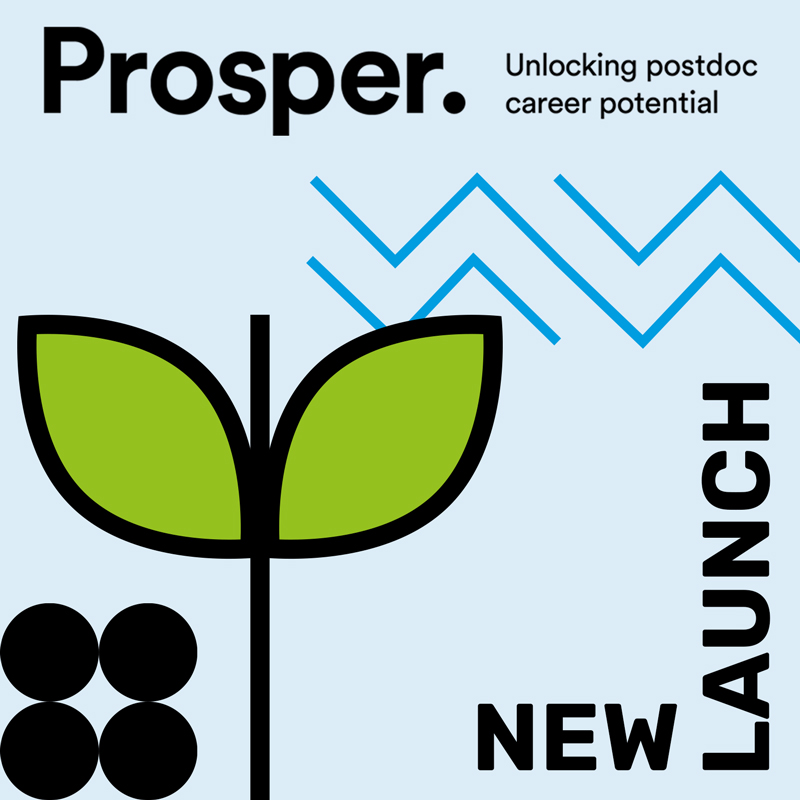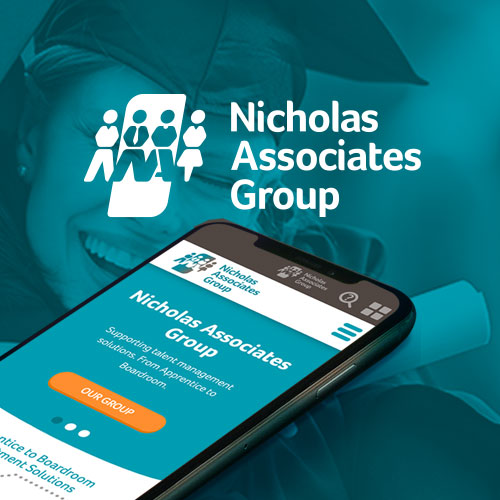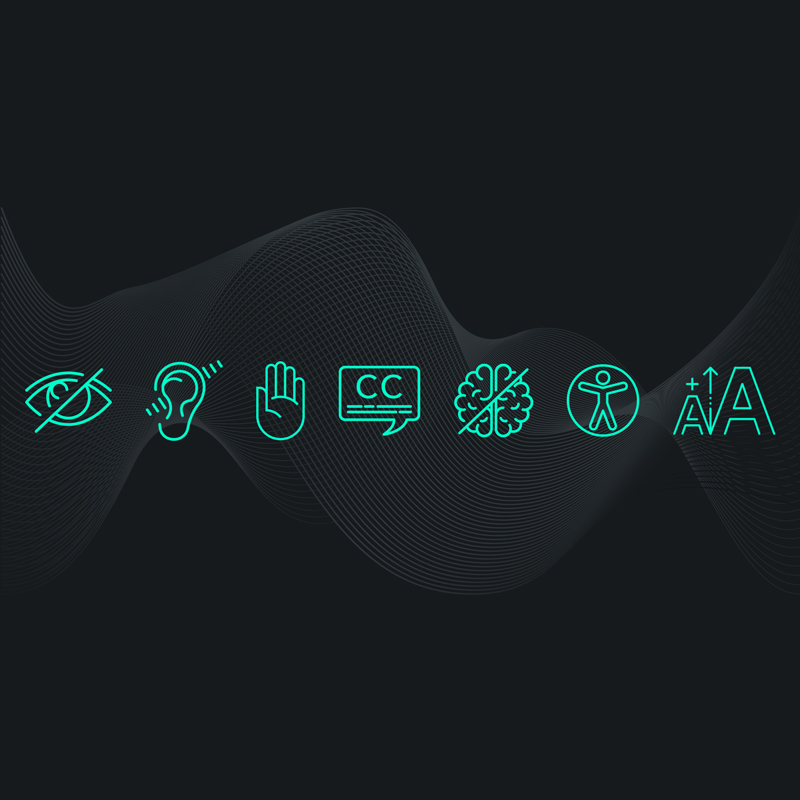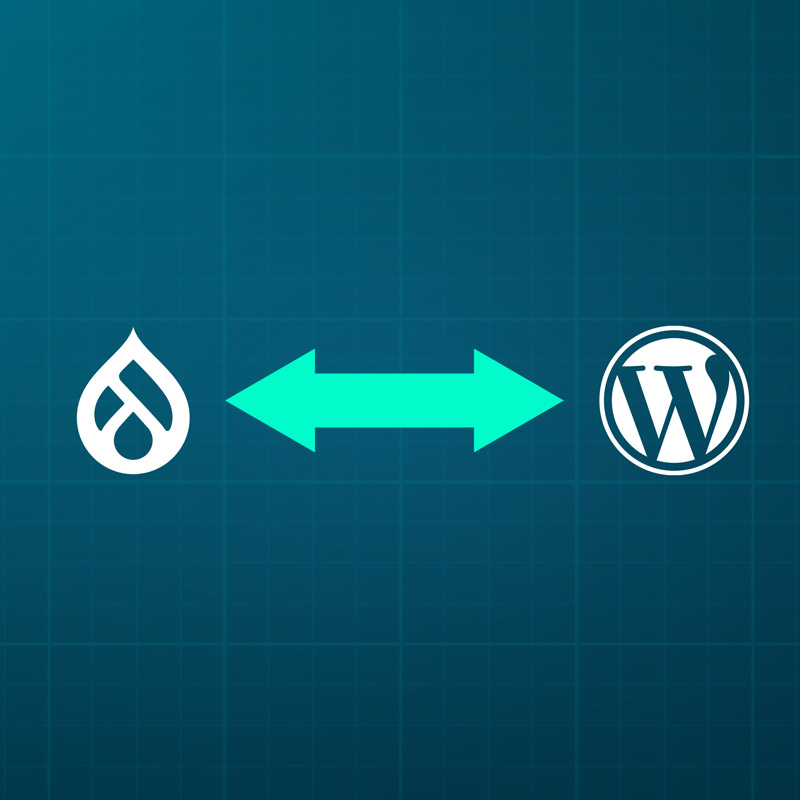
Ease of use
WordPress
The ever-popular WordPress CMS has a very low barrier to entry. Even those with the most basic of IT skills can set up a website using WordPress.
Most of the things you need are available in the core, out-of-the-box software. Its default Gutenberg block editor page builder makes for an intuitive experience. With a back-end that mirrors the front-end.
Its intuitive drag-and-drop block editor makes it easy to build a basic website. And pretty much anyone on your team can be tasked with updating and editing content.
Umbraco
The Umbraco CMS, in contrast, is much more settings-driven. And its back-end doesn’t align visually with the front-end. So, it’s more time-consuming and difficult for non-techy staff to get their heads around.
Unlike WordPress, there’s not much likelihood of a novice being able to create even a simple website. And making updates and regularly adding content isn’t straightforward either.
Once it’s set up and tailored to your preferences, it becomes easier to use.
But the bottom line is that you need more technical proficiency for setup and ongoing management. With that in mind, you would need some coding knowledge to grapple with it. Or sign up for regular support from a seasoned web developer.
SEO
WordPress
WordPress is widely considered the best CMS for SEO. It’s super simple for Google to interact with. It automatically generates a sitemap to help with indexing, for example.
It’s also easy to add your target keywords to your website’s meta tags and descriptions. Plus, it has a well-respected plugin – Yoast. Yoast guides you through optimising your website for better ranking in search results.
Umbraco
Despite WordPress being the go-to option for SEO, there’s no denying that Umbraco also has the potential for great SEO.
As it’s more of a blank slate than WordPress, it arguably gives you more control of the site architecture. But it’s far from straightforward to set up.
Any SEO tools have to be coded in by a developer. And it’s not as easy to make changes to tags and meta descriptions.
Growth & customisation
WordPress
WordPress has built-in API layers. Which means your website is primed to integrate your other apps and software for better efficiency and growth.
For example, you can sidestep mundane data entry tasks by automating data transfer from your website lead capture forms to your CRM. Check out our recent blog post on API integrations for a deep dive into this subject.
Plus, WordPress has a vast network of contributors, creating plugins specifically built for use on the platform. So, if you’re a beginner, it’s easy to incorporate customisations from the off.
It’s worth noting though that you shouldn’t go too gung-ho with plugins. They’re not all created equal.
There are some tried and trusted plugins, like Yoast, which are a no-brainer to have. They have millions of users and have super-frequent updates.
But there are others that don’t boast these credentials. And can end up slowing your site down and causing security issues. Instead of relying on too many plugins, it’s better to invest in a custom-build by expert web developers, like us.
Umbraco
Umbraco too has API layers built in – making it also a good option for customisation and growth for your business. It can handle a lot of pages and is developer-friendly with huge potential for expansibility.
But, developing customisation and new functionality takes a lot longer than with WordPress. You need to do a lot more work and have specialist knowledge to get to even a basic level.
However, there’s a lot of potential for seasoned web developers in terms of integrations. So, if you have a much larger budget, Umbraco can rival WordPress for growth and customisation potential. But again, for ease of use, WordPress wins out.
Security
WordPress
As market leader and the most widely used CMS, WordPress has been penetration tested to the nth degree. Plus, there’s a huge community of WordPress developers. And they’re prolific in releasing updates to tackle any emerging security threats.
This is another reason why we err on the side of caution when it comes to plugins. Third-party tools and badly coded themes can introduce security threats.
So, we’d recommend only using plugins with high user numbers and frequent updates. Ideally, you’d use a specialist WordPress agency to craft you a custom-built site. One that only uses plugins sparingly.
Umbraco
Built on Microsoft’s .NET platform, Umbraco adopts code access security (CAS) and identity-based security. Making it one of the more secure CMS options. Out of the box, Umbraco is arguably more secure than WordPress.
But whichever CMS you choose, it’s only as good as the developer setting it up. With WordPress, you just need to choose the right hosting platform and follow WordPress coding standards. That way you’ll have a website that is as secure as anything you could get with Umbraco.
Hosting & performance
WordPress
The WordPress CMS is compatible with most hosting providers. As such, it can be a very cost-effective set-up. But while WordPress is often popular with DIYers, choosing a web host is something to take your time over.
Picking the wrong one can make a difference to your website’s performance. That’s why we use a reputable enterprise WordPress hosting partner for our clients.
It’s a cloud hosting solution specifically set up for WordPress websites. Their team of WordPress specialist technicians is highly responsive. And our hosting and maintenance package includes regular updates and backups. You can find out more about hosting on our services page.
Umbraco
Umbraco, on the other hand, has fewer hosting options and, as a result, your wallet will take more of a hit.
You also must weigh up the performance issues that sometimes come with an Umbraco site. While there are slightly more possibilities for customisation with Umbraco, the results often translate to a slow website.
WordPress
- Built on PHP, so it’s set up for nimble development.
- Possibility for built-in advanced user permissions with the correct customisation.
- As it’s the most popular CMS, expert WordPress developers are much easier to find.
- Cost-effective – both for initial set up and running. Development and hosting are less expensive than for websites built on .NET.
- Has great range. Some of the biggest brands in the world use WordPress. Those with very complex websites boasting thousands of pages. But it also works very well for small enterprise sites.
- Huge potential for expansion with plugins. Plus, you can access time and money-saving third-party integrations with the right support.
- It’s built to grow. And it’s the easiest CMS to integrate with. Plus, it has the largest number of brands and third-party products like CRM systems, for example, already integrated.
Umbraco
- It has built-in advanced user permissions.
- It’s an open-source CMS, with access to commercial support if you need it.
- Experienced, specialist developers can access great customisation possibilities.
- Has great potential for scalability. Which means it can handle huge numbers of pages.
WordPress
- It’s easy to use, but that means problems can be introduced by complete novices.
- There are a huge number of plugins available to customise WordPress sites. But too many plugins and poor choice of hosting could slow down your website.
- As with any other platform, it can be vulnerable to hacks if it’s not set up properly. It’s best to consult an expert WordPress developer, to be sure.
- Because of its popularity, there are a lot of WordPress developers. So, it can be hard to choose the right web development agency to build your website. Make sure you choose a WordPress developer with great case studies and a portfolio of their previous work.
Umbraco
- Although it has a good market share of high-traffic sites, it’s in decline overall.
- It’s a niche developing platform, so finding a good web developer specialising in Umbraco is much harder.
- Integrating is much trickier. Everything must be custom-coded from scratch. This ramps up development time spent on the back end rather than user experience.
- A lot of Umbraco sites are slow – both in terms of content editing and front-end user experience.
















